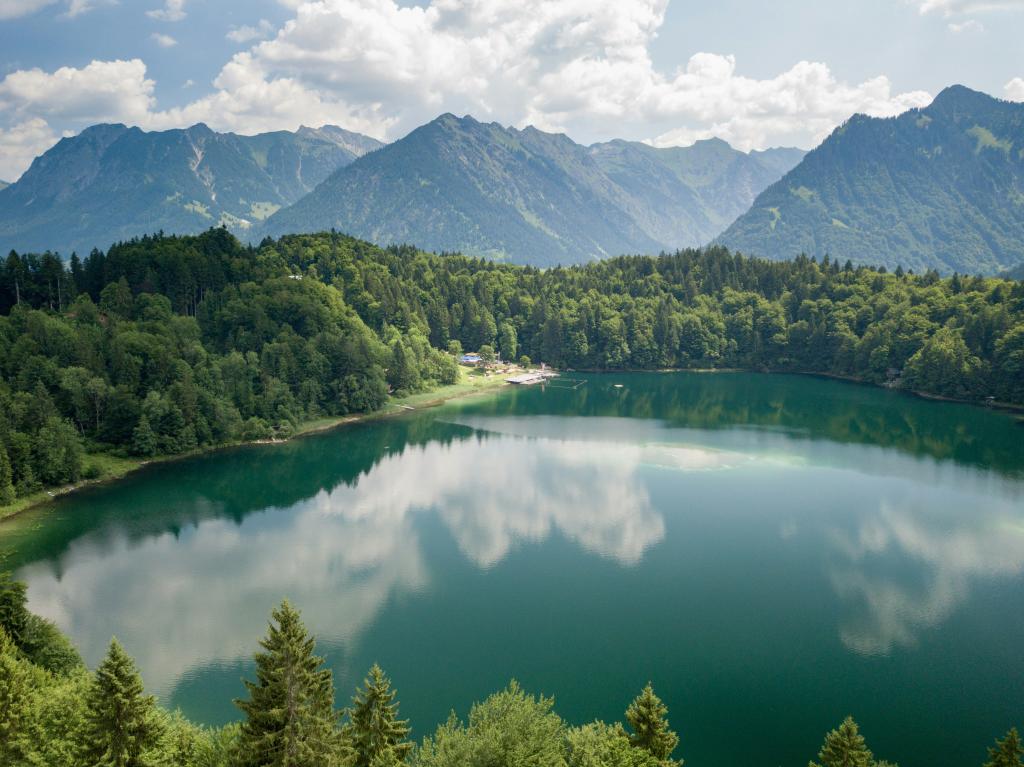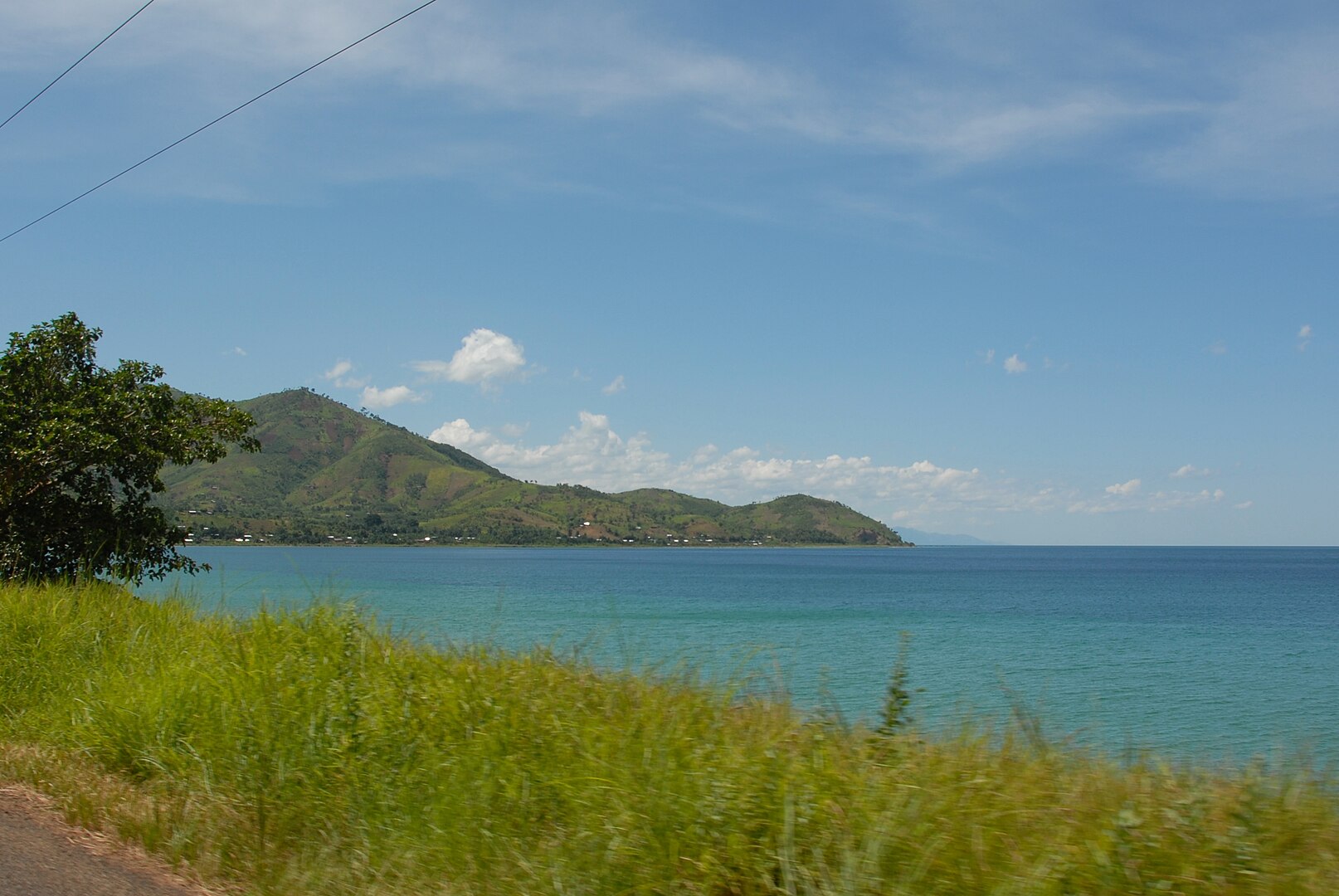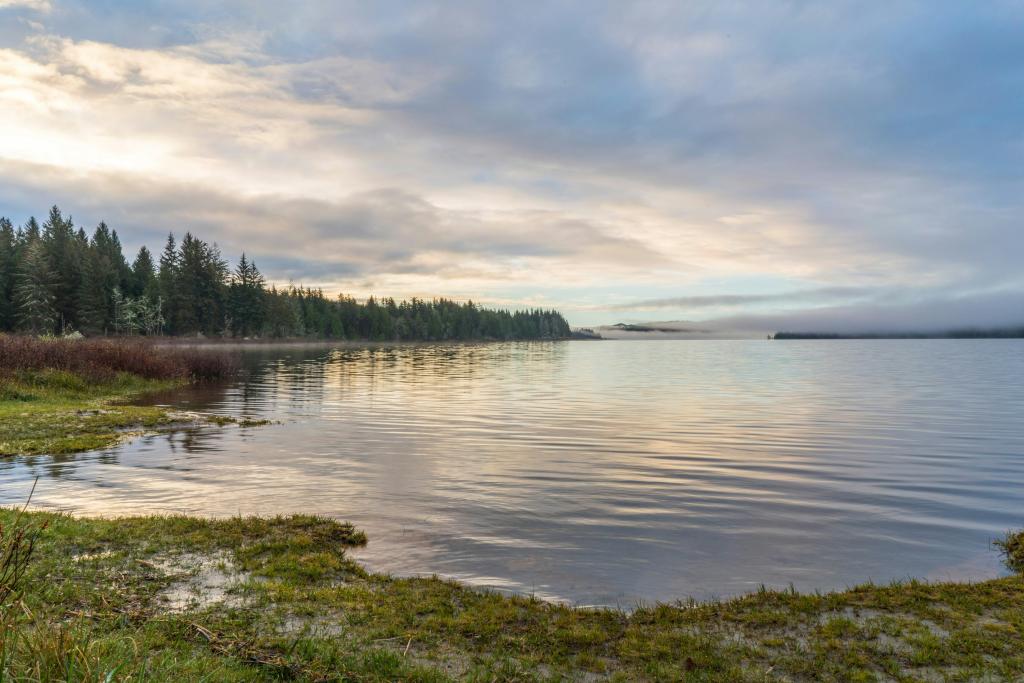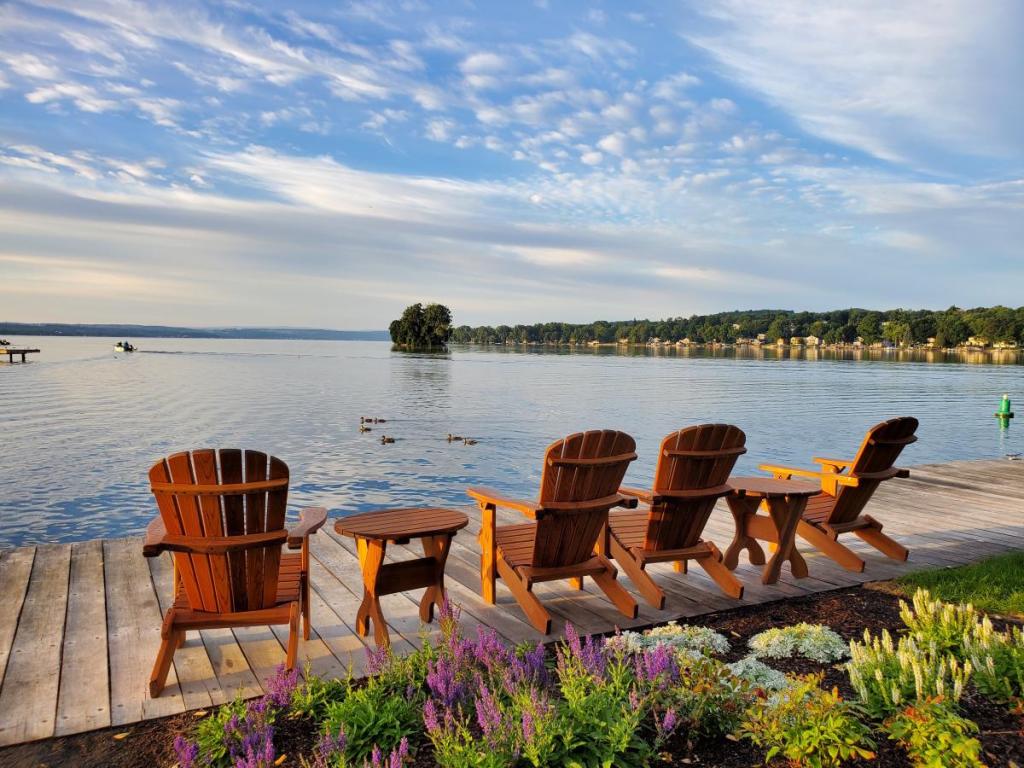Estimated reading time: 7 minutes

As lake homeowners, we care deeply about the health and well-being of our lake ecosystems, which we continue to enjoy year after year. With global issues like climate change affecting the natural world, it’s becoming increasingly important for dedicated professionals to continue investigating lake environments and preserving the integrity of these bodies of water. Enter the field of limnology. A close cousin of oceanography, limnology refers to the scientific study of lakes. Previously, on the Lake Homes Realty blog, we’ve covered the field as a broad introduction. Now, we’re getting more specific. To learn more about the field in detail, we spoke with Dr. Catherine O’Reilly, a professor of geology at Illinois State University. Through learning about her journey to the field and her life’s work, we can gain a deeper appreciation for lakes as a whole and how we can contribute to limnologists’ efforts.
Q: What is Limnology?

A: Limnology is a nebulous field that includes a bunch of everything. That’s why I went into it. It covers the organisms, the chemistry, and the physics. In some sense, I’m an interdisciplinary expert. Limnologists study algae in the lakes, develop gene technology to identify what’s going on, and use remote sensing to take images of lakes and look at changing temperatures. Basically, limnology is anything connected to a lake. The lake can be your world as a scientist – it doesn’t matter if you’re studying fish, stratification, or water chemistry – it all happens in the same environment. It’s also a great community of people to work with. We have several societies, such as the Global Lake Ecological Observatory Network which is an international research society focused on rivers and streams. Most everyone does research on a particular lake. “Your lake” gives you an identity as a scientist. Although a lot of limnologists work in academia, some work in research centers, as well as government organizations like the United States Geological Survey. State departments of natural resources also hire limnologists, and other federal agencies like EPA and NASA (yes – there are people who study lakes at NASA!).
Q. What was your journey like that led you to limnology?

A: My interest in water stemmed from living in South Africa as a kid. During a seven-year drought, I watched the reservoir get really low. We only took one bath per week. Since then, my background has been in water, and I figured that if I’m involved in studying water, I’ll always have a job. I did some summer research assistantships in Northern Wisconsin, where scientists around the world come together on large-scale experiments, such as adding new fish to a lake and investigating what happens. We were trying to understand the role that the environment plays in lakes, what makes them clear or murky, and other important topics. It made me really curious about how lakes work, which got me hooked on studying lakes as a water resource. For my Ph.D., which I did at the University of Arizona, I wanted to work on a large tropical lake. I worked on Lake Tanganyika, the second-largest lake in the world, where I got to go snorkeling and see the sand and deep blue colors. I got some unexpected results, and it turned out the lake was being impacted by climate change.
Q: What is the current focus of your work?
Since working on Lake Tanganyika, I’ve done a lot of work on how climate change is affecting lakes. Specifically, it’s going to reduce fish catches, which has implications for how communities get food. Additionally, the warmer water changes how lake water mixes, how fast algae blooms develop, and how ice covers the lake in winter. In that case, if you don’t have an ice cover all winter, you don’t have the same habitat available for fish, and warmer water will create more algae blooms. Basically, when you change the thermal stratification, you’re changing the habitat. Most of the recent work I’ve done is on declining ice coverage due to warmer winters. I’m also doing work on lake water color around the world. People think of lakes as blue, but actually, blue lakes are not very common. Only ⅓ of the world’s lakes are blue, and most are green/brown. Blue lakes only exist in places with cold winters and summers, so we predict lakes will lose winter ice cover and summers will get warmer.
Q: What is the “real world” application of limnologists’ work?

A: The Clean Water Act is a huge thing for limnology. It’s a field that studies what causes toxins to happen in drinking water—for example, the algae blooms that kept Toledo from having drinkable water—and how to create models to predict the likelihood of the toxins. Limnologists can also tell us how agriculture impacts water quality so that those in the agriculture field know what reservoir they should take water out of. Limnologists also sometimes study water quantity issues (e.g., river flow, how much water is in a lake), although these questions are typically answered by hydrology. For the most part, limnologists’ real-world applications center around water quality rather than quantity. We’re understanding the quality of existing lakes and determining the consequences of change.
Q: Using a limnology-informed approach, what should lake homeowners do differently?

A: Two things. First, we really don’t want fertilizer to get into the lake. It makes algae grow really well. When using fertilizer, make sure you are using the right application rates and the right timing. Secondly, some lakes are susceptible to shoreline erosion, so please make sure your shoreline area is as stable as possible. Call your state or local agency, where someone can help you make sure that you have the best landscaping and shoreline protection. Make sure to get the septic system pumped regularly because that can often get into the lake.
At Lake Homes, we’re thankful for Dr. O’Reilley and other important scholars in the limnology field. Their expertise allows us to develop practices and policies that fight climate change, preserve clean water, and allow us to keep enjoying and appreciating our wonderful lake areas.

